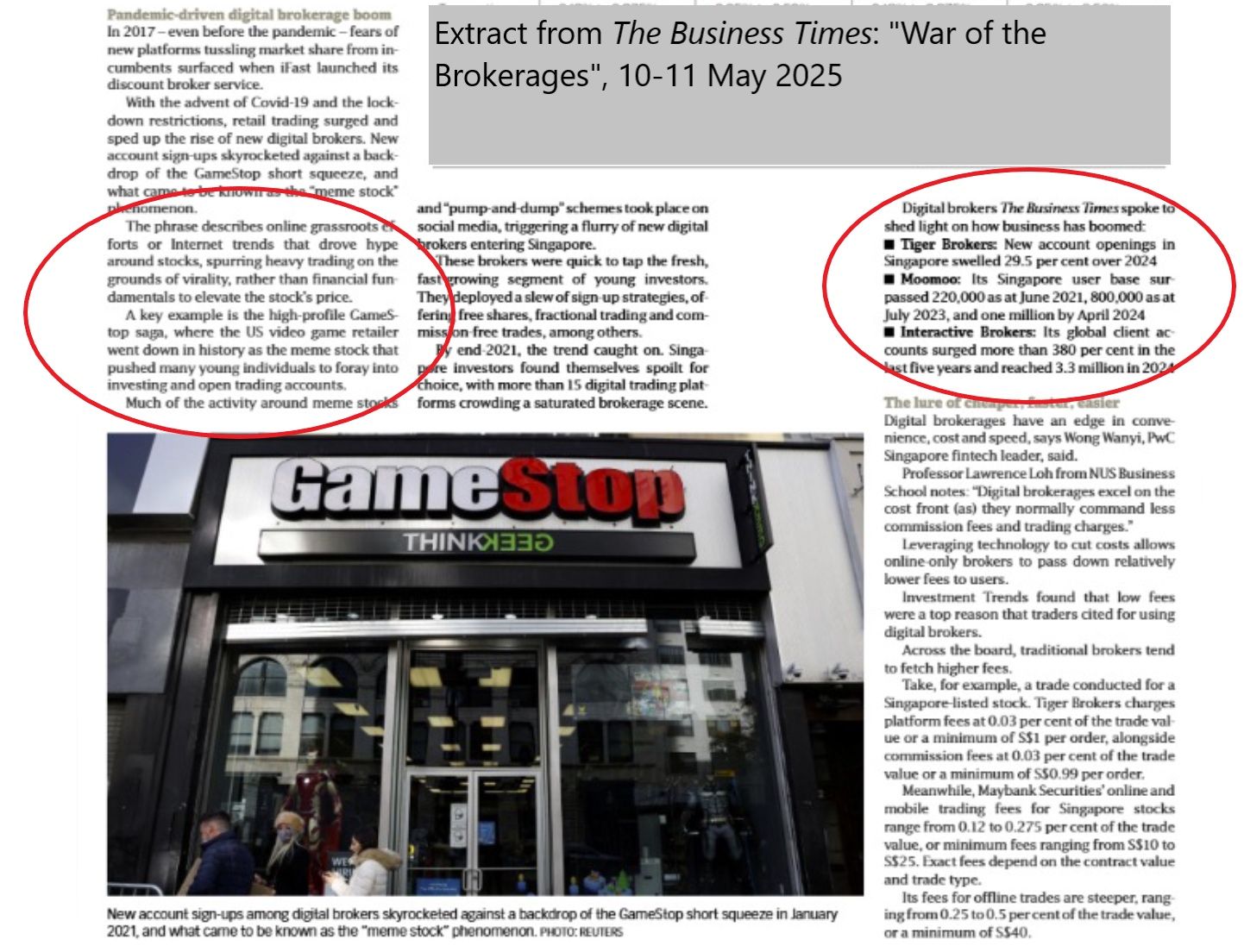Note: It was announced in November 2023 that MoneyOwl will be acquired by Temasek Trust to serve communities under a re-purposed model, and will move away from direct sale of financial products. The article is retained with original information relevant as at the date of the article only, and any mention of products or promotions is retained for reference purposes only.
______________
Russia’s threat of invading Ukraine coupled with sky-high inflations in the US is enough to make any investor anxious. MoneyOwl’s Chief Investment Officer shares three reasons why there’s no need to panic.
If you’re an investor, your morale is probably rather low right now. The pandemic lingers and almost everyone knows someone who has tested COVID positive in the recent infection wave. Inflation in the US is at a 40-year high, and Central Banks are signalling rate hikes. Global stock markets are down more than 5% year-to-date, US has lost more than 6% and technology stocks are in double-digit decline. Bond yields have topped 2%, as bond prices fell. If that wasn’t bad enough, Russia is threatening to invade Ukraine, with the ebbs and flows of big power dynamics ominously echoing the geopolitics of Germany’s aggression towards Czechoslovakia in the 1930s.
Is it time to sell out of equities and all risky assets, and hide in the equivalent of an investor’s bunker of cash and gold? As a long-time student of history and of the markets, and as your adviser, my answer is an emphatic NO.
In fact, I would suggest that, unless you have borrowed to invest, selling down now is possibly the riskiest thing you can do for yourself. There are three reasons why I say so.
First, war is always a human calamity, but very far from an investing catastrophe. This holds true mostly in the short term, and especially so in the long term. The table below shows how it has been more common for the stock market to be positive just 12 months after a major military event, rather than to stay negative. Stock markets tend to go up most of the time, and do go up over time.

The chart below shows that no matter how bad the crisis, the stock market always recovers from it and goes up in the long term. An important caveat: this only applies to the broad, globalised and diversified markets and not to individual stocks or sectors. Sometimes, investors think they can pick the right companies or sectors but get played out because prices in an efficient stock market have already moved ahead to incorporate all the information and expectations available.

Second, at the risk of being tasteless, any panic reaction in the markets as a result of war can give you the opportunity to boost long-term returns if you invest more. At MoneyOwl, we don’t believe that long-term investors should or need to time the markets as far as our core, regular investing plan is concerned. Even after markets hit new highs, they tend to go up even further in the subsequent years. But it would, of course, be even better to put spare “dry powder” to work when markets are on deep sale if there is an opportunity due to a crisis. This is because markets tend to rebound strongly after they suffer a downturn, so this gives your entire wealth plan a boost. In other words, worries about war should not make you sell. If anything at all, you should be poised for the opportunity to buy, if prices go down more. Again, I am talking about broad markets, not individual sectors or companies or even individual countries.

Third, the only certainty that you get from selling your investments during a market downturn is turning a temporary, paper decline into a definitive and permanent loss that may jeopardise your long-term financial goals. During periods of volatility, it is important to tune out the noise from so-called “experts” because their interests are not the same as yours. Many advisers and active fund managers face the pressures of having to adjust their allocation among the asset classes of equities, bonds and others, as their performance is assessed on a short-term basis – either because their big, institutional clients give them only three or five-year mandates, or because they have sold funds to you mainly on the promises of high return. But you’re not in that space of professional guesswork, so don’t fight their battles.
If you are a MoneyOwl client, your asset allocation work would have already been done for you prior to the current crisis. You know that you have the ability to take the short-term fluctuations of your particular portfolio mix of equities and bonds over the term of your time horizon and suited to your risk tolerance. That’s why unlike many roboadvisers, MoneyOwl has not built an online function for you to change your portfolio against the recommended allocation, but ask you to first speak to one of our advisers. We really want you to you have a portfolio in which you can stay invested, because as the chart below shows, if you bail out prematurely, missing even a few days of good return can hurt your long-term performance.

The prospect of war engages our emotions, as compassion is common to all human hearts. But emotions must be separated from decisions when it comes to investments, especially during volatile times. The open secret to a successful investing experience lies in discipline: looking beyond the headlines of today, resisting fear and greed, and staying invested in the broad market to harness its power for compounded, above-inflation return over the long term. The journey might be turbulent and noisy at times, but with the right adviser keeping you focussed on your goals, you can ride through it with equanimity and reap good rewards over time.
Disclaimer: While every reasonable care is taken to ensure the accuracy of information provided, no responsibility can be accepted for any loss or inconvenience caused by any error or omission. The information and opinions expressed herein are made in good faith and are based on sources believed to be reliable but no representation or warranty, express or implied, is made as to their accuracy, completeness or correctness. Expressions of opinions or estimates should neither be relied upon nor used in any way as indication of the future performance of any financial products, as prices of assets and currencies may go down as well as up and past performance should not be taken as indication of future performance. The author and publisher shall have no liability for any loss or expense whatsoever relating to investment decisions made by the reader.




